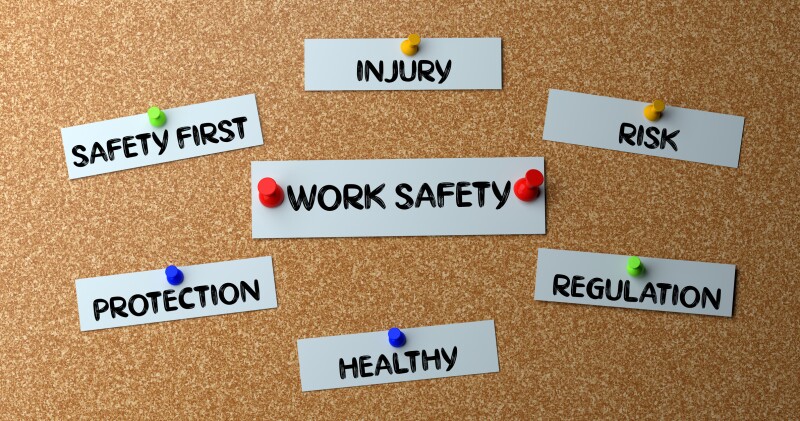At a time when the world is dealing with the COVID-19 virus, it is a safe assumption that all of us are frequently thinking about our health. It should, therefore, come as no surprise that in this selection I highlight papers dealing with the topic as addressed at the 2020 SPE Virtual International Conference on Health, Safety, Environment, and Sustainability (HSE&S). Since 1991 SPE has been rotating these conferences around the world, highlighting innovative applications to enhance HSE and, in more recent years, sustainability performance in the oil and gas sector.
As I was reading some of the content presented at the event it once again became very obvious that a change in mindset is required for any initiative to be successful in these areas. Or as the authors of one of the papers (SPE 199450) put it, “People bring to their job their own personal mix of skills, knowledge, experience, attitudes, motivation, habits, and personality. These individual characteristics influence behavior in complex and significant ways. Through training, employees can recognize where errors occur and use the proper tools to change their habits.”
Apart from a change in mindset to improve our performance in the areas of HSE&S, it is also important that senior management addresses these areas in clear and consistent terms. This concept was illustrated in another paper (SPE 199530) that deals with crisis response management. This paper opens with the statement that “a core component of … management is delivering clear and consistent communication to those affected,” which is not only valid for crises management response, but also HSE&S management in general.
The next step is then to have a clear target: the “goal zero,, which is the backdrop of the third paper (SPE 199440), entitled “Taking Goal Zero Outside The Fence: Lifestyle and Health Influences on Tanker and Commercial Drivers’ Performance and Road Safety.” While few of us are tanker or commercial drivers, most of us are drivers, and the concepts presented in this paper apply to everyday driving just as much.
The final paper (SPE 199537) also deals with “goal zero,” or more specifically, a zero-accident strategy for oil pipelines. And while not all of us deal with oil pipelines, the paper “develops a comprehensive strategy … to assist decision makers to improve operational safety and prevent events that could cause serious damage,” and that definitely applies to all of us.
I hope you will take the time to read these papers and consider how the content applies to your daily activities You will undoubtedly conclude, just as I did, there are many aspects that pertain to our daily life, both professional and personal.
Technical Paper Synopses
SPE 199450 Human Factors and Performance: Reducing Errors and Improving Safety
SPE 199537 A Zero Accident Strategy for Oil Pipelines: Enhancing HSE Performance


